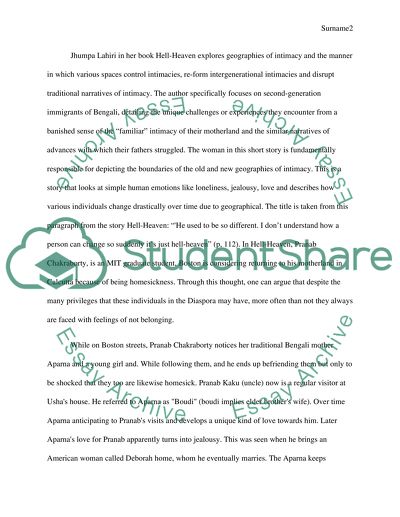Cite this document
(Hell-Heaven by Jhumpa Lahiri Book Report/Review, n.d.)
Hell-Heaven by Jhumpa Lahiri Book Report/Review. Retrieved from https://studentshare.org/literature/1684610-write-about-short-fiction
Hell-Heaven by Jhumpa Lahiri Book Report/Review. Retrieved from https://studentshare.org/literature/1684610-write-about-short-fiction
(Hell-Heaven by Jhumpa Lahiri Book Report/Review)
Hell-Heaven by Jhumpa Lahiri Book Report/Review. https://studentshare.org/literature/1684610-write-about-short-fiction.
Hell-Heaven by Jhumpa Lahiri Book Report/Review. https://studentshare.org/literature/1684610-write-about-short-fiction.
“Hell-Heaven by Jhumpa Lahiri Book Report/Review”, n.d. https://studentshare.org/literature/1684610-write-about-short-fiction.


